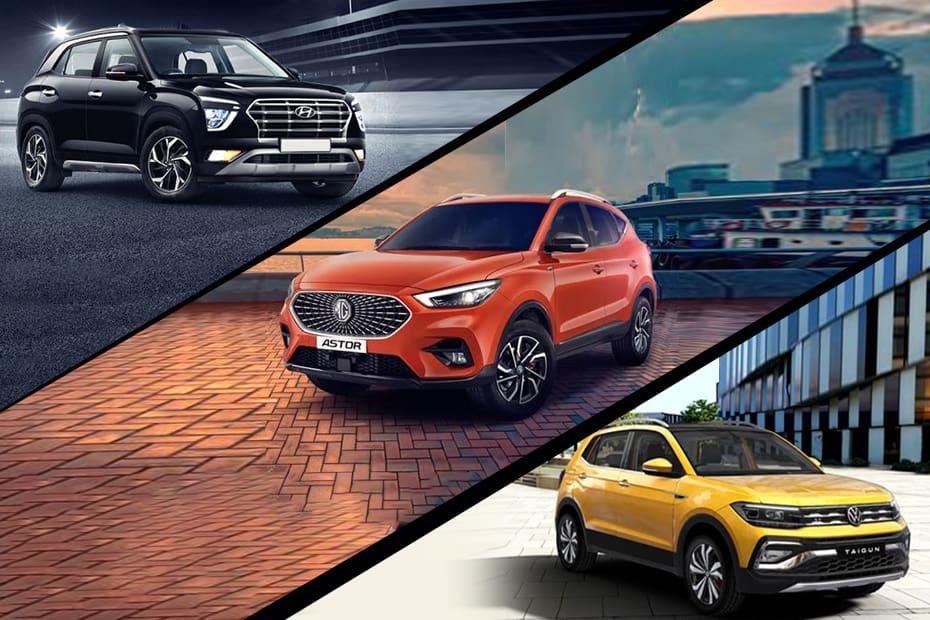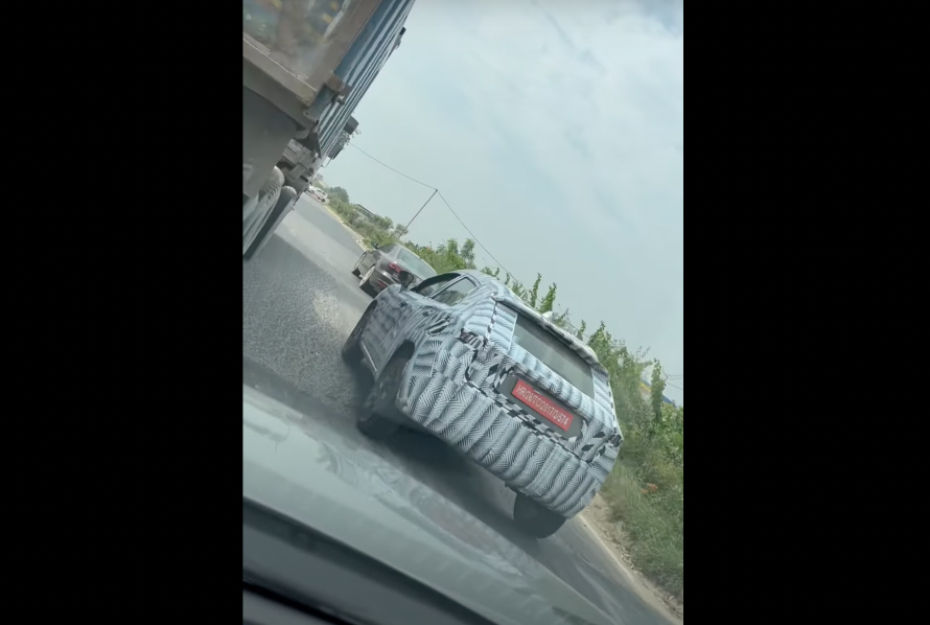Converting A 10-Year-Old Diesel To An Electric Vehicle: Why, How, And Is It Worth It?
Published On Nov 22, 2021 06:25 PM By CarDekho
- Write a comment
The Delhi government’s recent solution for old diesels could save some of our favourite cars from the scrapyard, but it is unlikely to speed up EV adoption
Delhi is now open to ICE to electric retrofitting! Vehicles if found fit can convert their diesel to electric engine, dept'll empanel manufacturers of pure electric kit by approved testing agencies. Once empanelled this'll enable vehicles to continue plying here beyond 10 yrs.
— Kailash Gahlot (@kgahlot) November 18, 2021
Delhi Transport Minister Kailash Gahlot announced on Twitter that diesel cars older than 10 years will be allowed to ply in the city only if the owners get their engines swapped with fully electric drivetrains. The government plans to empanel various EV conversion kit manufacturers to execute the conversions.

In 2015, the environment protection body National Green Tribunal (NGT) had ordered the deregistration of all diesel vehicles registered in the state that are older than 10 years. As a result, diesel car owners in Delhi have two options when their car approaches the deadline -- either get it scrapped once it gets deregistered after 10 years of usage, or sell it off before the deadline in a different state where the 10-year rule doesn’t apply.
Now, diesel car owners will have the third option of getting their vehicle modified to run on battery power alone.
How does a diesel car get converted to run on electricity?
 Representative Image
Representative Image
Transplanting an EV powertrain into a diesel car is no less than performing complex surgery. Most older diesel cars were never designed to accommodate a battery, so the conversion agency will have to perform intensive levels of research and development to incorporate an EV powertrain.
First, it goes without saying that the diesel engine will be removed, and the space it took up be utilised to house an electric motor, a high-voltage wiring circuit, and control units for the EV system.
As for the battery, it will most likely be placed where the diesel fuel tank traditionally resides, i.e. either under the rear seat or under the bonnet, if there’s any room left. Where you can fit the battery varies by battery capacity and how much space is available within the subframe of a particular diesel car. Usually, the cars with the most/largest battery packs for maximum range are large in size as well.
In addition, the technicians who undertake the conversion will have to figure out the high-voltage and low-voltage circuits, configure the control and power transmission units, factor in the fitment of the electric motor(s) and re-wire the car’s electricals to draw power from the battery instead of an alternator. Moreover, older diesel cars may also need additional structural support to protect the EV components.
How much does it cost to convert a diesel car to electric?
A handful of EV conversion agencies are currently operating in India, and prices can range from Rs 4 lakh to Rs 6 lakh. An EV powertrain is complex and the conversion from diesel to fully electric is a much more involved process than, say, converting a petrol car to run on CNG. In addition, not only will you need to invest in some sort of a home EV charging setup, but will also need to find a secure place to install it near your parking spot.
 Tata Tigor EV
Tata Tigor EV
Alternatively, you have the option of upgrading to a proper factory-built EV. But even a basic electric car such as a Tata Tigor EV can cost twice as much as a conversion kit without the incentives. The Delhi government’s EV policy matches the Centre’s FAME-II incentives to offer a discount of around Rs 3 lakh to EV buyers, but no such incentives have been announced for diesel car owners who want to convert their cars to EVs.
There is also the issue of easy customer support and service for an EV conversion over a factory-built EV. It’ll likely be easier to get any issues resolved in a new Tata Tigor EV than anything you’ll encounter with a 10-year-old diesel converted into an EV. The former also comes with an 8-year warranty for the battery pack in addition to the standard two- or three-year vehicle warranty.
Nevertheless, if you plan to take the plunge and go for an EV conversion anyway, you might just be able to recover some of the costs incurred by selling your old powertrain for spares.
Also Read: These Sisters From Orissa Could Change Car EV Battery Tech Forever
Will the retrofitted EV powertrain be as reliable and driveable as a factory-fitted diesel engine?
Electric vehicles are expected to be more reliable than internal combustion engines (ICEs) since they have fewer moving parts. However, you can’t apply the same logic to a diesel car that has been converted to run as an EV. Currently, it’s hard to evaluate the direct effects on reliability (after all, modern diesels are quite reliable) and how your service costs will be affected once you go for an EV conversion. As for driveability, the following table shows what you gain (and lose) from such a conversion:

| Northway Maruti Suzuki Dzire EV |
Maruti Suzuki Dzire Diesel |
|
| Power |
24PS |
75PS |
| Torque |
100Nm |
190Nm |
| Driving range |
Up to 250km |
At least 700km (estimated, at 16kmpl) |
| Charging time |
2 hours, 10 mins (fast charging) 9 hours (regular charging) |
About 10 minutes to refuel fully at any fuel pump |
| Estimated running cost |
Around Re 1/km* |
Around Rs 6/km |
*Calculated using Rs 10/unit price of electricity and 250km maximum range figure

As things currently stand, the EV conversion kits available in India offer significantly lower power and torque outputs than conventional turbo-diesel engines. Besides, there aren’t currently any long-range EVs available either. However, the above table shows you that even the most frugal diesel vehicle has a higher running cost than an electric car, not including the value of time lost between each charging stop and nearly thrice as many times for the same range as a single tank of diesel.
Other options that the government can consider:
Price is one of the biggest issues that stand in the way of EV adoption in India, and it’s likely to be a limiting factor for EV conversions too. Despite the move from the Delhi government to allow retrofitted EVs on the road, the high cost of conversion isn’t likely to play a hand in significantly increasing the number of EVs on Delhi’s roads. In the meantime, there are other options to keep well-built diesel vehicles on the road.

There is a wide range of alternative and sustainable fuels that can power an older diesel vehicle. For example, used vegetable oil from restaurants has been successfully used to power diesel cars. Propane, biodiesel and sustainably developed fuels have also been used in diesel cars. The ICE conversions are often less expensive and less complicated than a full EV conversion. On the other hand, you do lose the advantage of zero emissions for the car’s remaining service life.
Also Read: Why Don’t Carmakers Offer CNG On Fully Loaded Variants?
Arguably, most diesel car owners would find it more profitable to simply sell their older vehicles outside Delhi, as they have been doing since the NGT’s announcement in 2015. Besides, the move turns a blind eye to the onset of BS6-compliant diesel engines, whose emissions are largely on par with petrol engines. The NGT had announced a ban on petrol cars older than 15 years, too, but there’s no word on whether older petrol cars will be allowed with retrofitted EV kits as well. We expect to get some clarity once an official announcement is made.
2 out of 2 found this helpful















